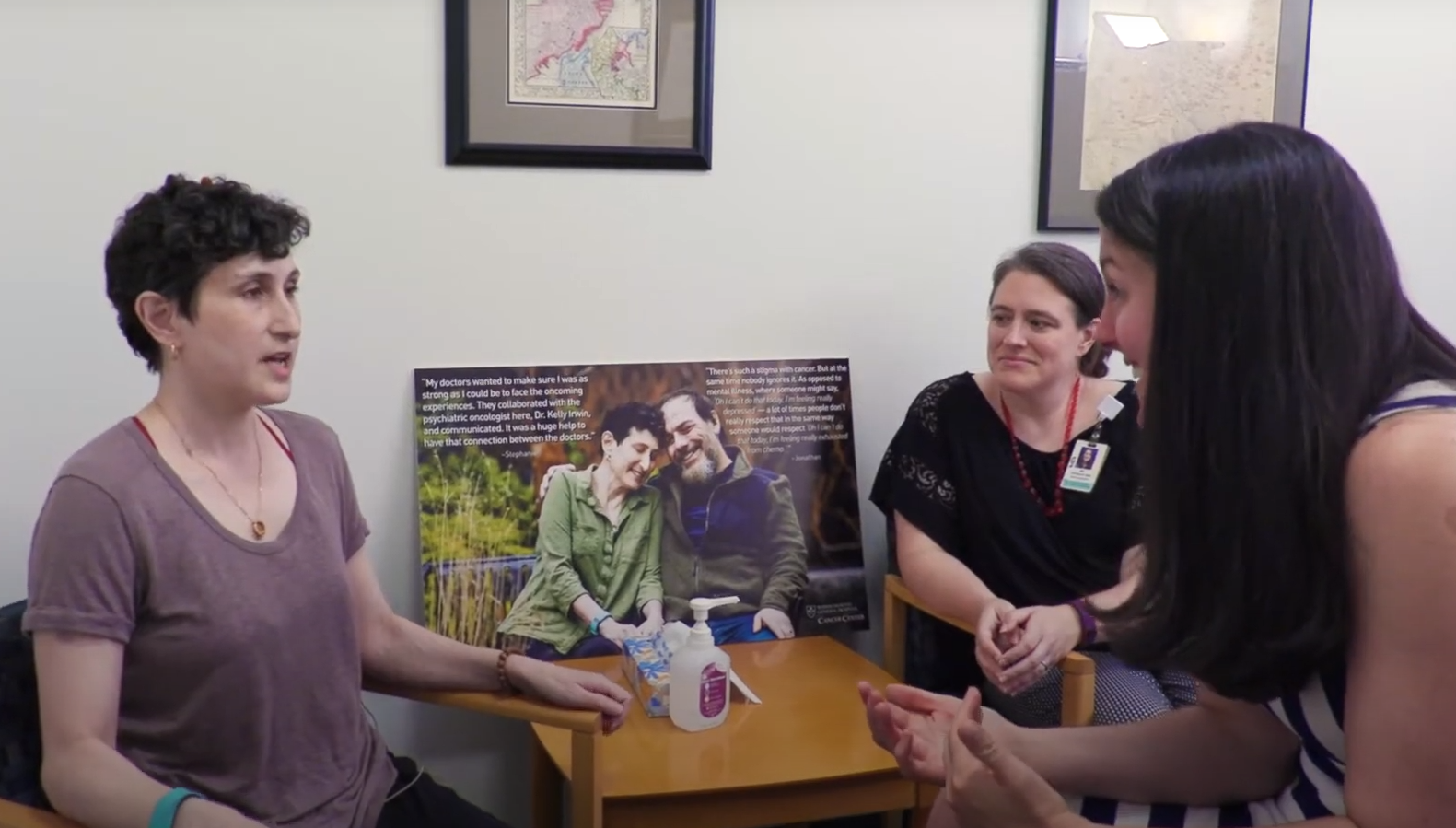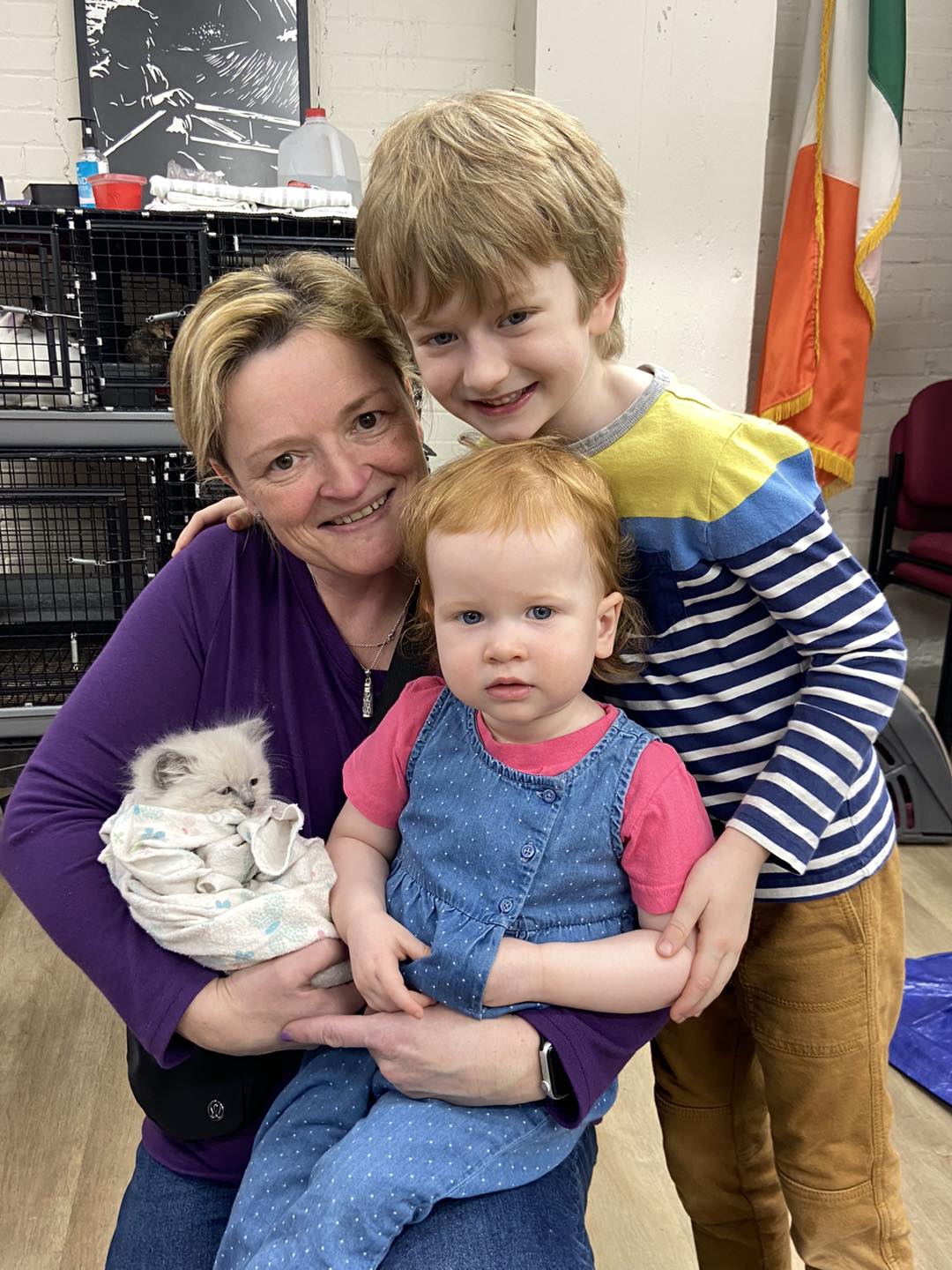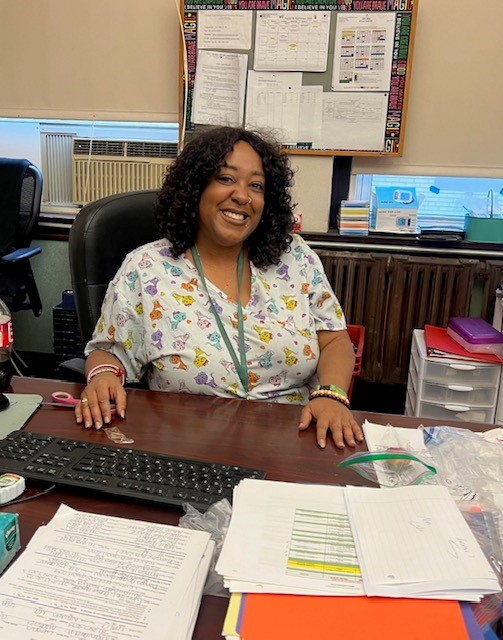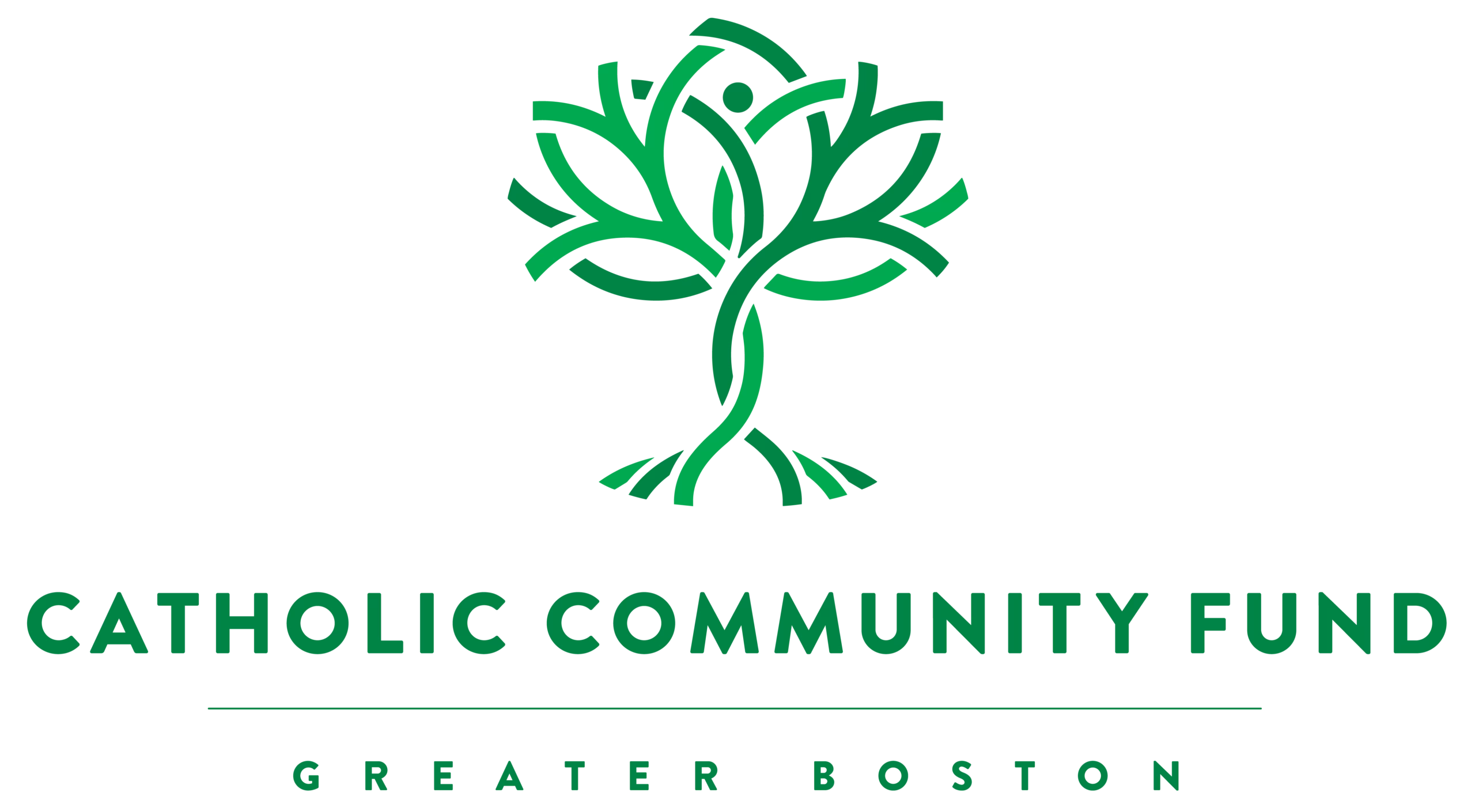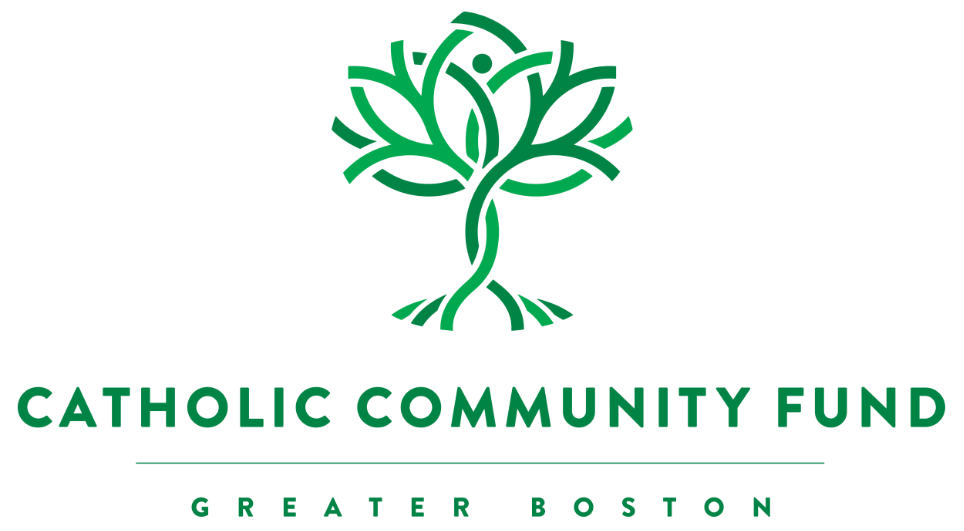Finding light during times of darkness can be difficult for anyone. For those suffering from mental illness, it can feel impossible.
The pandemic was a period of extended darkness for many. It affected people differently, not just physically but also in their access to health care. Marginalized populations were more likely to contract and die from Covid-19. No one is as familiar with this grim fact than Dr. Kelly Irwin, Director of Collaborative Care and Community Engagement Program (Engage).
Engage Initiative is a clinical, research, and advocacy program that increases access to quality cancer care for patients with serious mental illness, a vulnerable population who experience inequities in cancer care and increased cancer mortality.
“Although the transformation to digital care that resulted from the pandemic was wonderful, it left many people behind,” noticed Irwin. “If we don’t invest in strategies that really target our marginalized populations, disparities in cancer mortality will widen. The reality of default systems such as patient portals is that they don’t work for 90% of my patient population. Many of my patients don’t even have a phone let alone access to Zoom.”
Seeing the Invisibles
Dr. Irwin’s patients can be described as the “Invisibles”, cancer patients who slip through the cracks of a system unprepared to support them. Engage seeks to increase these patients’ access to timely, high quality, integrated mental illness and cancer care. Through advocacy and targeted policy directives, the program strives to improve the healthcare system and close the gaps in which patients are currently trapped- gaps that are wide and still widening.
“Due to budgetary guidelines and because of all the emergency care that occurred during the pandemic, hospital systems are under a lot of pressure,” says Irwin. “They’re cutting budgets. They don’t have flexible services. People are trying as hard as they can, but our patients have been excluded from research that could be lifesaving.”
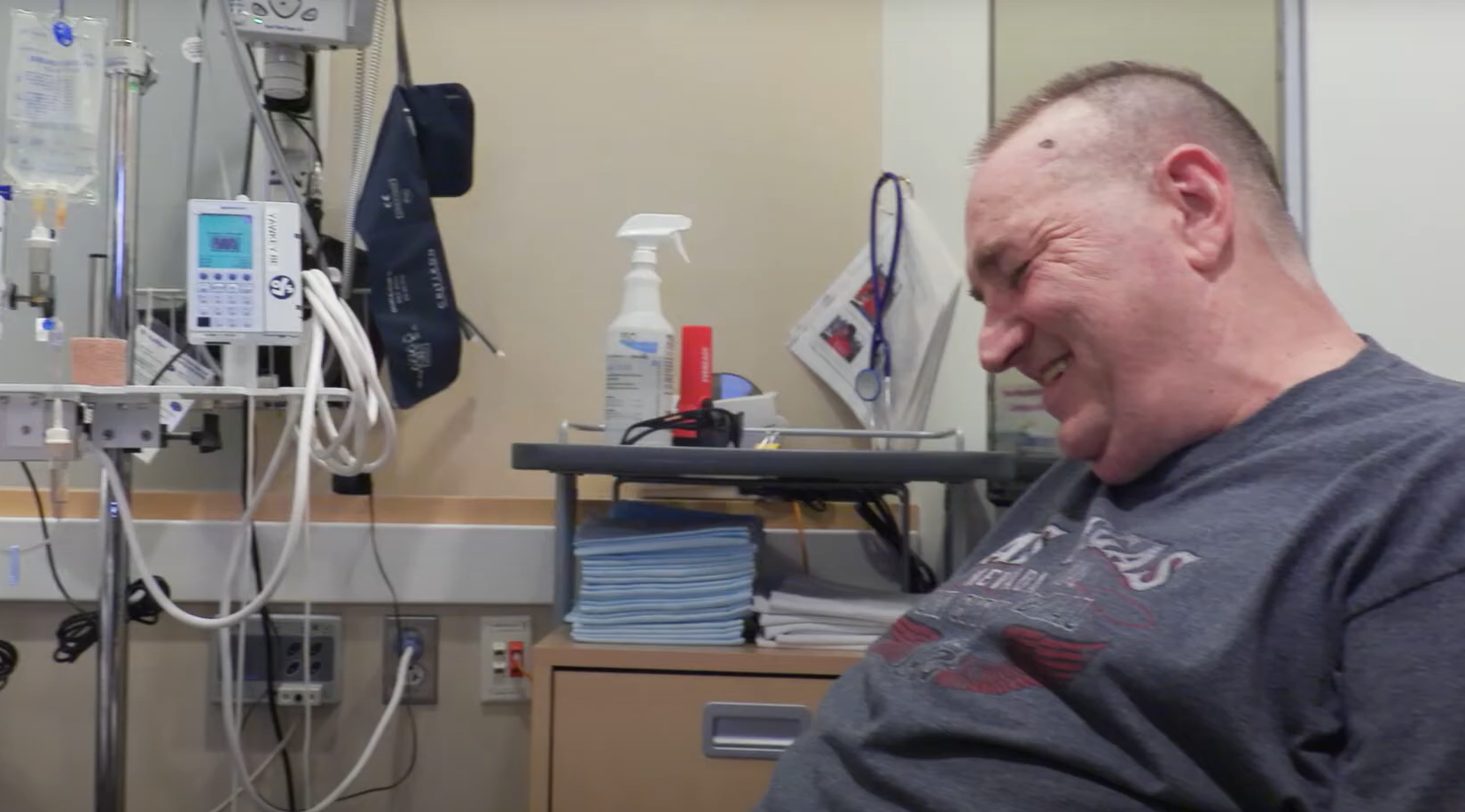
Life Support
Support from the Catholic Health Foundation (CHF) is vital to the success of Engage. “We know that people are 2-4x more likely to die of cancer because of the multi-level barriers of care,” Irwin states. “Catholic Health Foundation funding is critically important. It allows us to train ‘Navigators’ to support patients, it helps us teach clinicians across disciplines how to best care for these patients, and it supports a team approach, which is instrumental in building capacity.”
She adds, “My wish would be that we would have more sustainable approaches to guide clinical care and research. Many good people work in hospital systems but there are competing needs and so many levels of structural discrimination. We need a longer vision.”
Philanthropy, Irwin acknowledges, is a way to rapidly respond while also focusing on the human-centered part of the process.
“CHF has helped inform a new model of care. And having flexibility and support from philanthropic institutions like CHF is critically needed to bridge the gaps.” Funding allows for investments in systems that can then deliver care at the necessary level to reach those left behind. It is this sort of strategic thinking and investments that will shrink the gaps and give Engage patients much needed hope.

